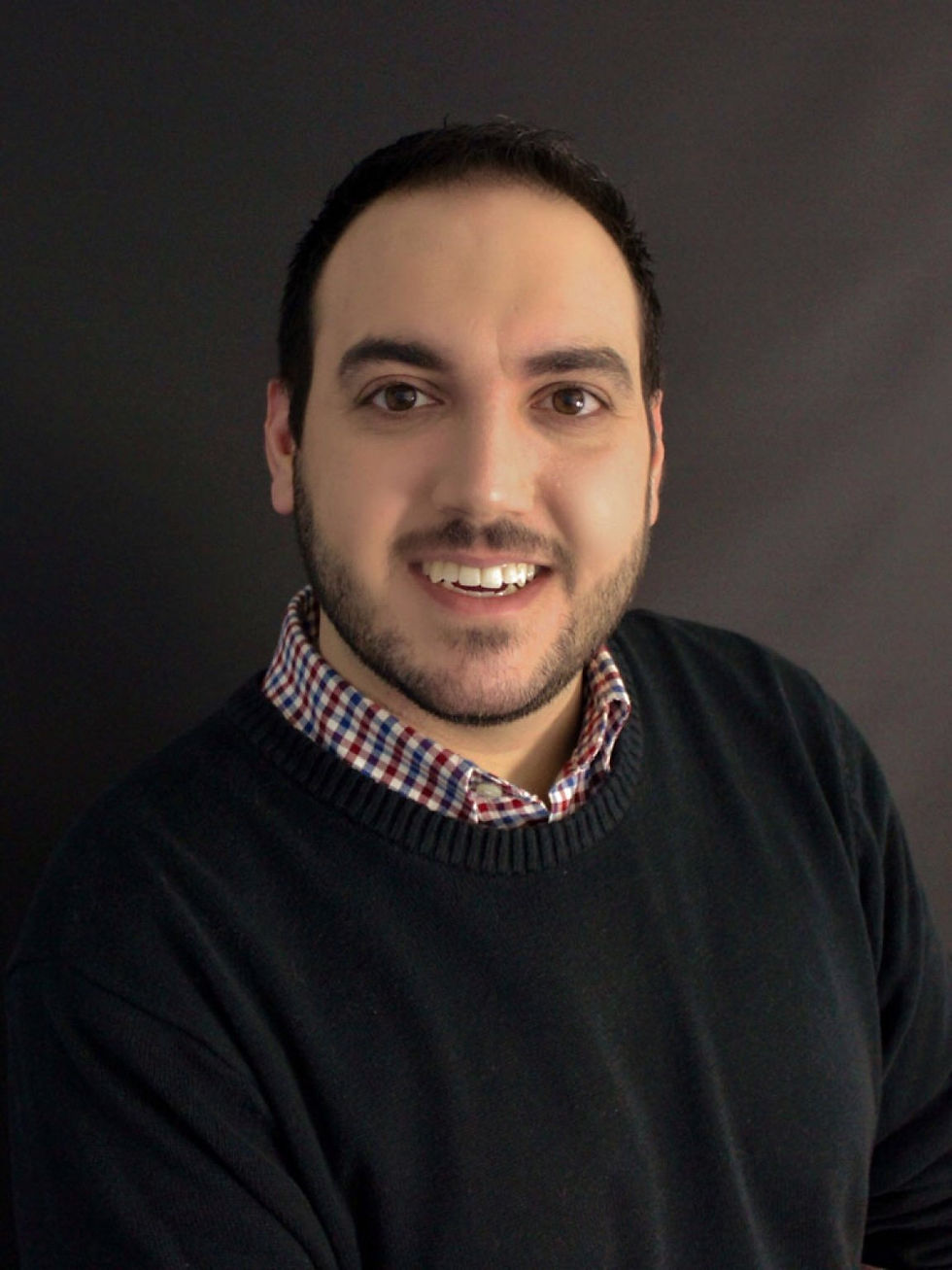Doctor Who class 'tapped into the global juggernaut of fandom,' Syracuse University professor says
- Anthony J. Rotolo

- Feb 10, 2015
- 3 min read

Syracuse Post-Standard culture reporter, Katrina Tulloch, continues her coverage of Who Class with key takeaways from the first public offering of the course in the spring of 2015.
Tulloch writes:
Prof. Anthony Rotolo caught us up on how Syracuse University's Doctor Who in the Digital Ageclass has been going so far.
More than 200 people (about half SU students, half non-students) enrolled in the live class on the SU campus. About 3,000 people registered for the online class, meaning they can follow the lectures at home, watch the screenings and participate in the class discussions via Twitter and Google+. Rotolo said about 900-1,000 of those online students participate actively.
Rotolo has taught several classes in this vein of media and pop culture. He taught a class on "Star Trek" on and off since 2010, and he taught a class on the election in 2012.
One month into the "Doctor Who" class, Rotolo says the student and public response has been, in a word, overwhelming.
"This class, for some reason, tapped into the global juggernaut of 'Doctor Who' fandom," he said. "It's something people care about, and it's free."
Outside Syracuse, multiple news outlets reported on the class's creation, including The Washington Post, CBS News and USA Today. The BBC aired a video of SU's music group, Otto Tunes, who performed an a cappella rendition of the "Doctor Who" theme song on the first day of class.
"I couldn't be happier with the external response," Rotolo said. "On campus, it feels like every student knows about the class whether they're 'Doctor Who' fans or not."
Student-driven curricula
Students approached Rotolo about teaching a "Doctor Who" class when his "Star Trek" class first gained popularity.
"This class exists because students wanted it," he said. "They asked. I don't think that's a trend that's going to go away."

It took two years for Rotolo to research and assemble content for the class. Each lesson (complete with clips, screenings and readings) takes a few weeks to plan. Five students assist Rotolo, helping prepare classes, keep track of online discussions and handle the class's social media.
"They're doing it totally for their own enjoyment," Rotolo said. "They're not compensated in any way."
People have come up to me and said, 'This is the first college class I've been to.'
Since classes started in January, students have tweeted at Rotolo to create classes unpacking the worlds of Star Wars, Monty Python and Harry Potter. Rotolo seriously considers each suggestion.
He sees a real future for these kinds of classes in the SU curriculum, whether they're offered for credit or not.
"From a career standpoint and personal perspective, this is the most fun and the most impact, in terms of value, of anything that I do," Rotolo said. "This is something I want to keep doing."
His next pop culture class, whatever it may be, will come right from those student suggestions. Generally, he looks for a franchise or series which addresses changing trends in media or reflects certain times in history.
No credit is currently offered for this course, except as an SU independent study, which requires approval of both the department and a faculty advisor. A small handful -- fewer than five students -- take the class for credit.
For Rotolo, one of the most rewarding parts about teaching free, open classes is seeing students merge with community members, especially those who never had a chance to attend college.
"People have come up to me and said, 'This is the first college class I've ever been to,'" he said. "That's a whole other level of rewarding."
True fans
Rotolo doesn't worry about facing hardcore fans (whether they're Trekkies or Whovians), even when they know more about a franchise universe than he does. He's more interested in presenting new ways of thinking about the show.
"It's apples and oranges," he said. "The class I'm teaching isn't about minute or random plot details, which is often what fandom conversation surrounds. The class is about analyzing its historical impact and context. Those are things fans don't think about."
Rotolo won't definitively say he has a favorite Doctor, but there's a special place in his heart for the longest-running Fourth Doctor, played by Tom Baker.
"[Baker] oversaw the era where people became true fans," he said. "People started to identify with it in the fringes. I mean this in the best way -- that's when the geeks and the freaks started to connect with the series, who didn't see themselves there before."




Comments